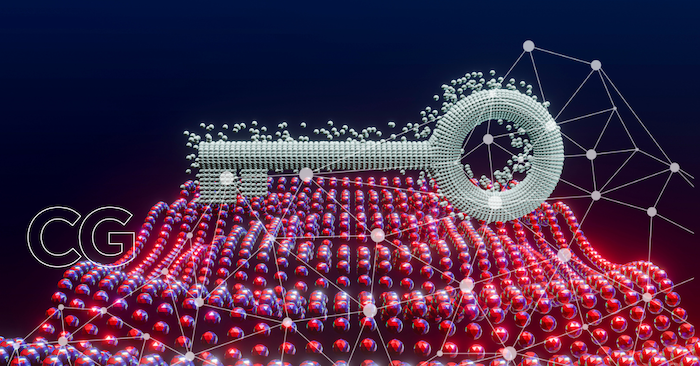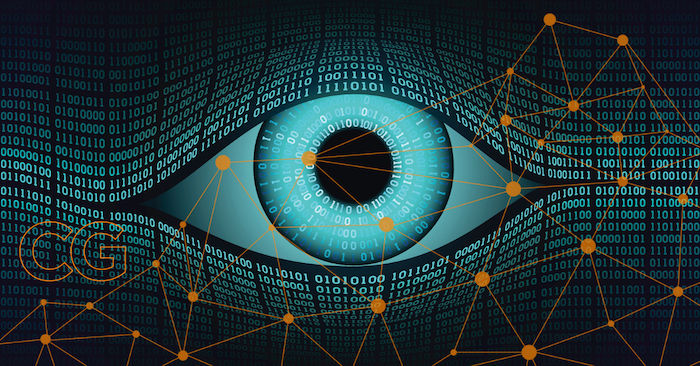As we progress through 2025, the cybersecurity landscape continues to evolve at an unprecedented pace. With digital transformation accelerating across industries and threat actors becoming increasingly sophisticated, organizations face new challenges in protecting their assets and data. Let’s explore the major trends shaping cybersecurity this year and understand why choosing the right security partner has never been more critical.
AI-Powered Threats Require AI-Powered Defense
The democratization of artificial intelligence has revolutionized cybersecurity – for better and worse. Threat actors are leveraging AI to create more sophisticated attacks, from deepfake social engineering to automated vulnerability discovery. This has sparked an arms race in AI-powered security solutions.
Security teams are now deploying advanced machine learning systems that can detect anomalies and respond to threats in real-time. These systems analyze patterns across networks, applications, and user behavior to identify potential breaches before they occur. However, the complexity of these solutions means organizations need partners with deep AI expertise to implement and manage them effectively.
Zero Trust Architecture Becomes the New Standard for 2025
The traditional perimeter-based security model is officially dead. With hybrid work environments, cloud-native applications, and IoT devices creating countless new entry points, organizations are rapidly adopting Zero Trust architectures. This approach assumes no user or device is trustworthy by default, requiring continuous verification regardless of location.
Implementing Zero Trust isn’t just about deploying new technology – it requires a fundamental shift in security strategy and organizational culture. This transformation needs experienced partners who understand both the technical and human elements of Zero Trust adoption.
Quantum-Ready Security Takes Center Stage
As quantum computing capabilities advance, organizations are scrambling to prepare for the post-quantum cryptography era. While fully functional quantum computers may still be years away, the threat they pose to current encryption methods is very real. Organizations are beginning to implement quantum-resistant algorithms and cryptographic agility to ensure their systems remain secure.

This transition requires specialized expertise that many organizations lack internally. Security partners with quantum computing knowledge are becoming invaluable in helping organizations prepare for this paradigm shift.
Supply Chain Security Becomes Mission-Critical
Recent years have shown that supply chain attacks can have devastating ripple effects across industries. In 2025, we’re seeing increased focus on securing the entire software supply chain, from development to deployment. Organizations are implementing software bills of materials (SBOMs), automated security testing, and enhanced vendor risk management processes.
The complexity of modern supply chains means organizations need partners who can help them implement comprehensive security programs that extend beyond their immediate boundaries.
Privacy-Preserving Technologies Take Priority
With privacy regulations continuing to evolve globally, organizations are investing in technologies that enable data protection by design. Homomorphic encryption, secure multi-party computation, and privacy-enhancing computation are moving from theoretical concepts to practical applications.
These advanced technologies require specialized knowledge to implement correctly, making expert security partners essential for organizations looking to enhance their privacy capabilities.
Why Choosing the Right Security Partner Matters More Than Ever
The complexity of today’s cybersecurity landscape makes it virtually impossible for organizations to go it alone. Here’s why choosing the right security partner is crucial:
Expertise Across Multiple Domains
Modern cybersecurity requires knowledge spanning AI, quantum computing, cloud security, privacy regulations, and more. Few organizations can maintain this breadth of expertise internally. The right partner brings comprehensive knowledge and stays current with emerging threats and technologies.
24/7 Threat Monitoring and Response
Cyber threats don’t follow business hours. A qualified security partner provides round-the-clock monitoring and incident response capabilities, ensuring your organization is protected at all times.
Cost-Effective Access to Advanced Technologies
Building and maintaining advanced security infrastructure is expensive. Partners can provide access to enterprise-grade security tools and technologies at a fraction of the cost of in-house development.
Scalability and Flexibility
As your organization grows and evolves, your security needs will change. The right partner can scale their services to match your requirements, providing flexibility that would be difficult to achieve internally.
How to Choose Your Security Partner
When evaluating potential security partners, look for:
- Proven experience with emerging technologies
- Strong track record of incident response
- Comprehensive service offerings that align with your needs
- Clear communication and collaborative approach
- Industry-specific expertise and compliance knowledge
- Strong references and case studies
The cybersecurity landscape of 2025 presents both challenges and opportunities. By understanding the key trends and partnering with the right security experts, organizations can build resilient security programs that protect their assets, employees, and customers in an increasingly complex digital world.

